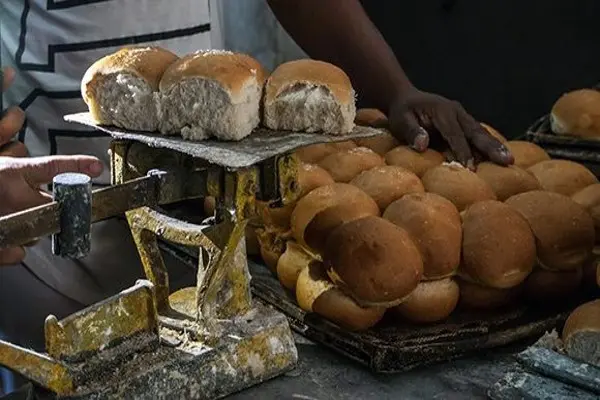Cuba’s communist government announced Monday a significant reduction in the size of its subsidized daily bread ration, cutting the weight by 25% as the country grapples with severe shortages of basic ingredients.

The bread ration, a cornerstone of Cuba’s decades-old subsidies program established by the late Fidel Castro, will shrink from 80 grams to 60 grams (2.1 oz), roughly equivalent to the weight of an average cookie or a small bar of soap. The price has been marginally reduced to just under 1 peso, approximately one-third of a cent.
This reduction poses a significant challenge for many Cubans, who earn an average monthly salary of 4,648 pesos, or about $15. With limited purchasing power, most citizens struggle to afford more expensive bread on the private market, leaving them with few alternatives.
“We have to accept it, what else can we do?” Havana resident Dolores Fernandez told Reuters while waiting outside a bakery. “There’s no choice.”
The Cuban government attributes the shortage of wheat flour, crucial for bread production, to the U.S. trade embargo. This complex web of restrictions complicates Cuba’s global financial transactions, exacerbating the country’s economic woes.
The Caribbean island nation is currently experiencing extreme shortages across various sectors, including food, fuel, and medicine. These shortfalls have contributed to a record-breaking exodus of Cuban citizens to the United States.

Cuba’s ration book, known locally as the “libreta,” was once hailed as a symbol of Fidel Castro’s 1959 revolution. It originally provided a wide range of heavily discounted products to all Cubans, including bread, fish, meat, milk, and household supplies. However, the crisis-stricken government now offers only a fraction of these products, often delivered late, in poor quality, or not at all.
Bernardo Matos, another Havana resident, expressed dissatisfaction with the quality of the bread, even before noticing the size reduction. “The quality is terrible,” he remarked after purchasing his ration. “The flour tastes like acid.”
In response to quality concerns, the Cuban government has announced plans to strengthen inspections at state bakeries to maintain standards despite the reduction in size.
The bread ration cut is not an isolated incident in Cuba’s struggle with food security. Earlier this year, the government sought assistance from the World Food Programme to ensure the supply of subsidized powdered milk for children, another key staple of the Cuban ration book that has become increasingly scarce.
Cuba’s rationing system, along with those of North Korea, stands out as one of the few remaining examples of such programs outside of wartime, natural disasters, or specific contingencies in centrally planned economies.
Source: Reuters



